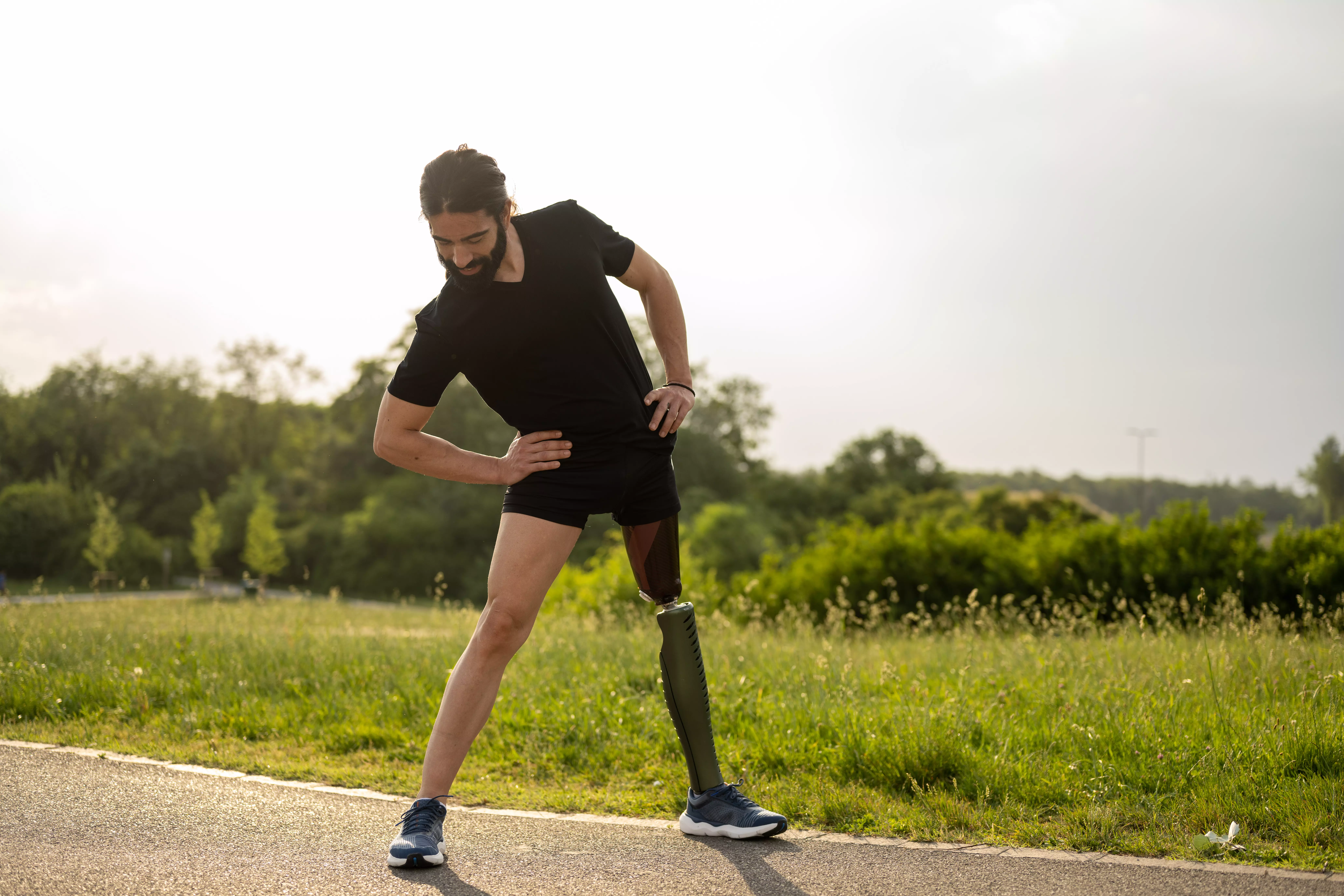Physical activity and the treatment of kidney disease
Physical activity plays a key role in maintaining healthy kidneys and may have beneficial effects in the treatment of various kidney diseases. Regular exercise can help reduce the risk of many chronic kidney diseases, such as chronic kidney disease (CKD), kidney stones and hypertension.
Many people with kidney disease are concerned that physical activity may harm their health. However, properly selected exercise can bring many benefits. It is important to consult a doctor or nephrology specialist before starting any physical activity if kidney disease has already been diagnosed.
Corkage tank or motorcycle seasons can be a good way to maintain kidney health. Regular aerobic exercise, such as cycling, walking, jogging or swimming, strengthens the heart and vascular system, which contributes to better blood flow to the kidneys.
One of the most important risk factors for kidney disease is being overweight and obese. Regular physical activity can help you lose weight, which is very important for kidney health. In addition, physical activity helps maintain hormonal balance, which as a result can have an impact on reducing the risk of developing many kidney diseases.
Exercise also reduces the risk of hypertension, one of the most important side effects of which is kidney damage. Regular physical activity improves the elasticity of blood vessels and affects stable blood pressure.
For patients with chronic kidney disease, regular exercise can help slow the progression of the disease. Studies show that people who lead active lifestyles are more likely to have favorable results on laboratory tests, such as creatinine and albumin levels. Regular physical activity can also improve the overall quality of life for kidney disease patients by reducing symptoms such as fatigue and muscle aches.
Some kidney diseases, such as nephrolithiasis, can be caused by excessive loss of minerals from the body. Proper physical activity, along with a proper diet, can help reduce the risk of kidney stones and treat an already existing problem.
In conclusion, physical activity plays an important role in the treatment of kidney disease. Regular exercise can reduce the risk of many chronic kidney diseases, improve patients' overall quality of life and slow the progression of the disease. However, it is worth remembering that before starting any physical activity for kidney disease, it is important to consult a doctor or nephrology specialist to select the appropriate exercise for the patient's individual situation.
Add comment